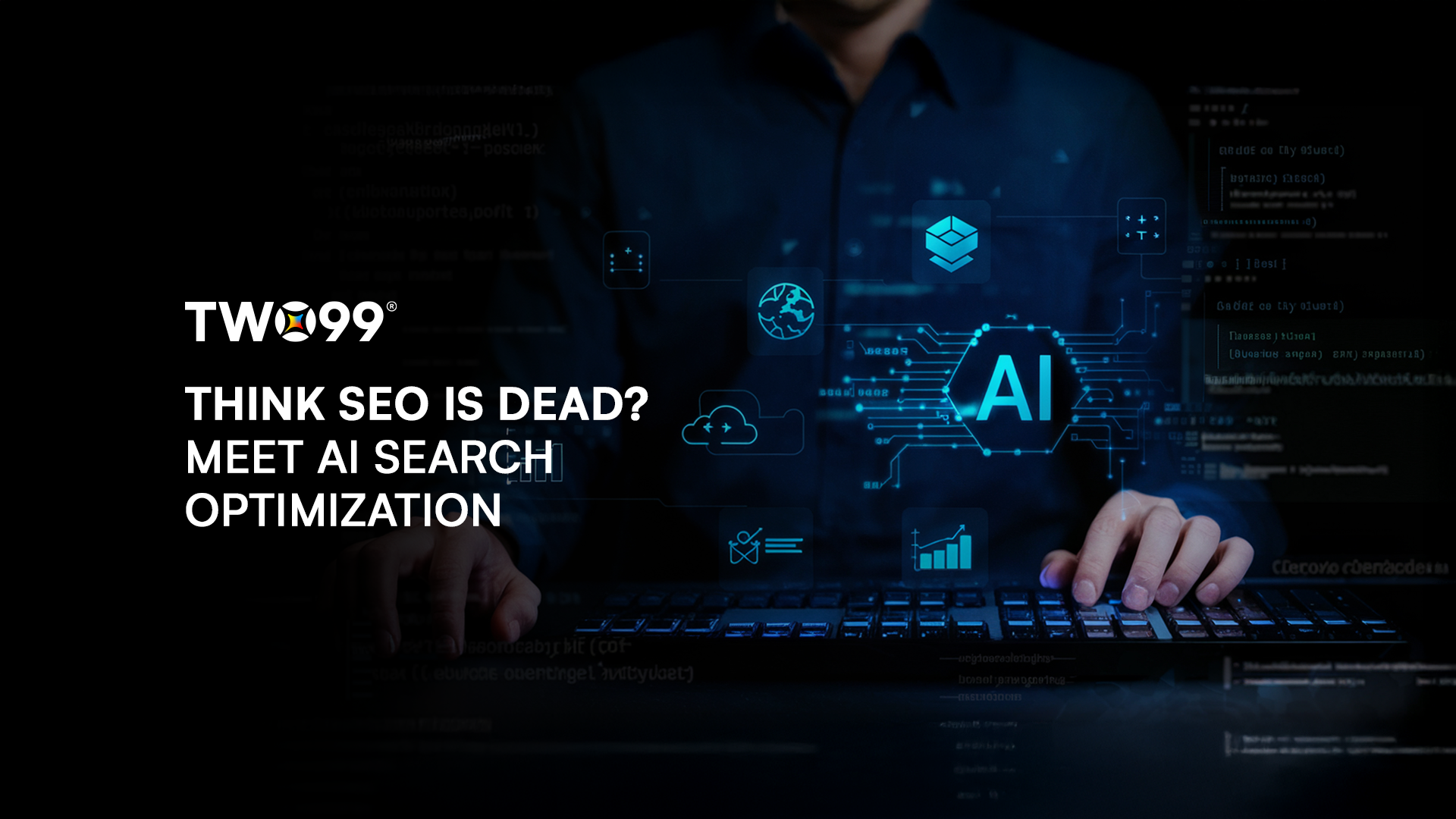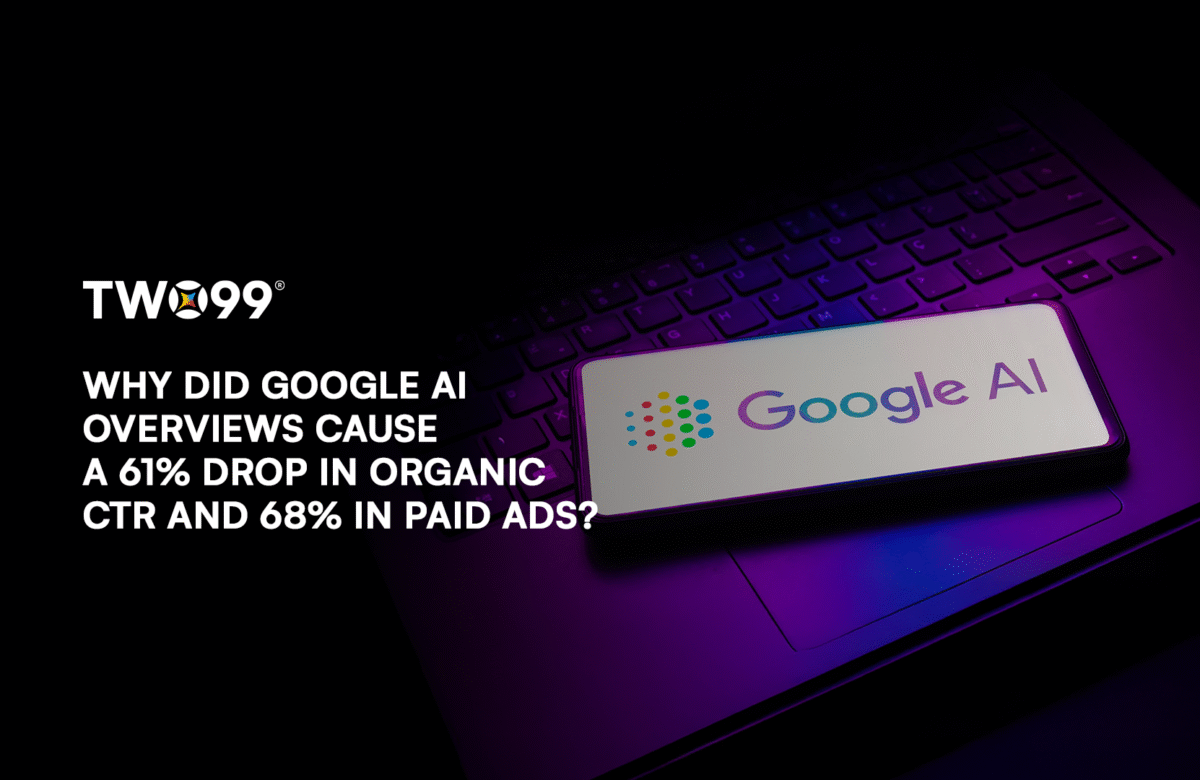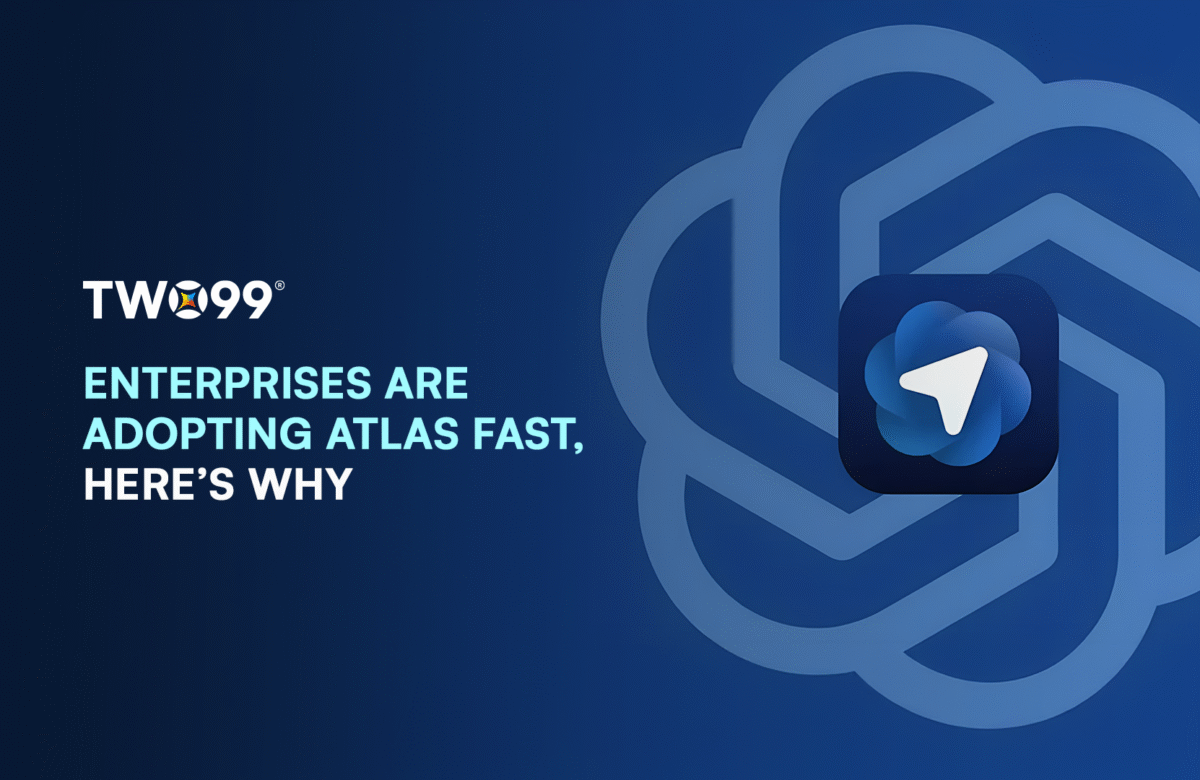Over the past decade, search engine optimization (SEO) has been the cornerstone of digital marketing strategies. However, recent shifts in search algorithms, technological advancements, and changing user behaviors have led some to question the effectiveness of traditional SEO approaches. This has sparked discussions within marketing circles and prompted businesses to reevaluate their strategies. Yet, while some declare SEO obsolete, a closer examination reveals a compelling evolution. Enter AI search optimization, a powerful approach that is redefining how organizations enhance visibility, attract traffic, and improve engagement.
In this article, we explore how AI search optimization is transforming the digital marketing landscape. We examine its growing significance, the underlying technologies that support it, and how it aligns with modern consumer expectations. As businesses navigate the complexities of an ever-changing digital ecosystem, embracing AI search engine optimization is no longer optional but essential.
Why AI Search Optimization Matters
The traditional SEO model, heavily reliant on manual keyword research, backlink building, and on-page optimizations, has always been labor-intensive. In the past, these strategies often produced predictable outcomes, as search engines primarily evaluated static factors like keyword placement and meta tags. However, search algorithms have become increasingly sophisticated, using machine learning models to interpret user queries, understand intent, and deliver more relevant results.
This evolution underscores the necessity for AI search optimization, where artificial intelligence is not merely a supportive element but the driving force behind effective SEO strategies. AI models analyze vast data sets to identify patterns, anticipate user needs, and optimize content dynamically. By doing so, businesses can maintain relevance and competitiveness in an environment where static SEO tactics are no longer sufficient.
The Role of AI in Modern Search Optimization
At the heart of AI search engine optimization is a shift from manual processes to automated, data-driven decision-making. Instead of solely focusing on keywords and technical parameters, AI-powered models consider user behavior, contextual relevance, and evolving search trends. This approach enables businesses to craft strategies that resonate with both search engines and users.
Key elements of search engine optimization AI include:
- Advanced data analysis that processes vast amounts of search data to identify trends, uncover hidden opportunities, and make informed recommendations.
- Natural language processing that understands the nuances of human language, ensuring content aligns with search intent and improves both relevance and readability.
- Dynamic content adjustments based on algorithm changes, user engagement metrics, and competitive positioning.
- Personalization of content and experiences to individual users, enhancing engagement and increasing conversion rates.
By integrating these elements, businesses can achieve a level of precision and adaptability that manual SEO efforts cannot match.
The Shift in User Expectations
Today’s digital consumers expect personalized, seamless, and relevant experiences. They use natural language queries, voice search, and multi-device platforms to find information quickly and conveniently. Traditional SEO approaches, which often relied on static keywords and generalized content, struggle to meet these expectations.
AI search optimization addresses this gap by delivering content that anticipates user needs. By analyzing user behavior, preferences, and search patterns, AI systems can tailor recommendations, enhance search results, and improve overall user satisfaction. This shift not only aligns with consumer expectations but also drives higher engagement and conversion rates.
The Evolution of Content Creation
Content remains central to SEO strategies, but the methods of content creation are evolving. Traditional approaches involved manual drafting, followed by multiple rounds of optimization and testing. While this process has produced results, it often lacks scalability and speed.
With AI search engine optimization, content creation becomes more efficient and effective. AI models generate contextually relevant, engaging, and search-optimized content, minimizing manual input while maximizing quality. This dynamic approach allows businesses to maintain a consistent online presence, adapt to algorithm changes, and cater to shifting user demands.
Furthermore, AI-driven content strategies go beyond simple keyword matching. They focus on delivering value, answering user questions, and fostering trust. This ensures that content not only ranks well but also establishes authority and credibility within the target market.
Enhancing Technical SEO with AI
Technical SEO, which involves optimizing site architecture, improving load times, and ensuring mobile compatibility, remains critical for search visibility. However, manual audits and adjustments can be time-consuming and prone to oversight.
AI search optimization automates these processes by continuously monitoring website performance, identifying potential issues, and recommending solutions. AI systems can detect crawl errors, broken links, and performance bottlenecks in real time. By addressing these issues proactively, businesses can ensure that their sites remain search-friendly and user-friendly.
Preparing for the Future of Search
The evolution of search is far from complete. Emerging technologies such as conversational AI, voice assistants, and multimodal search are reshaping how users interact with digital content. In this evolving landscape, search engine optimization AI serves as a bridge between current practices and future innovations.
Businesses that integrate AI into their SEO strategies are better positioned to adapt to these changes. By leveraging AI’s predictive capabilities, organizations can anticipate shifts in user behavior, stay ahead of algorithm updates, and maintain a competitive edge.
Implementation Considerations
While the benefits of AI search optimization are clear, successful implementation requires careful planning. Organizations must:
- Define objectives that outline clear goals for adopting AI-driven SEO, whether to enhance rankings, improve user engagement, or increase conversions.
- Prepare data by ensuring data quality and availability to support AI models. This includes historical performance data, user behavior insights, and content inventories.
- Align teams by fostering collaboration between marketing, technical, and data science teams to ensure seamless integration of AI into existing workflows.
- Monitor and iterate by regularly assessing the performance of AI-driven strategies and adjusting as needed based on evolving trends and user feedback.
By following these steps, businesses can harness the full potential of AI search engine optimization while maintaining alignment with broader organizational objectives.
Embracing the Future with AI
SEO is not dead; it is evolving. The rise of AI search optimization marks a pivotal shift in how businesses approach search visibility, user engagement, and digital growth. By leveraging search engine optimization AI, organizations can move beyond outdated practices and embrace a future where SEO is dynamic, adaptive, and intelligent.
As businesses navigate an increasingly competitive digital landscape, the integration of AI into SEO strategies is not just a trend; it is a strategic imperative. Those who adopt AI-driven approaches today will be better positioned to lead in tomorrow’s search ecosystem.




